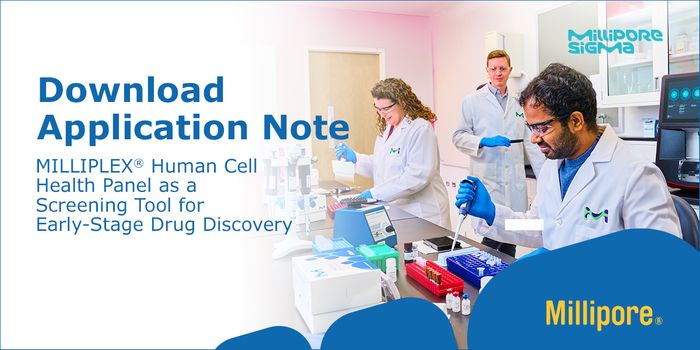A 10-Gene Signature Can Signal Chemotherapy Response in Colon Cancer
Biomarkers, molecules found in blood or other biological tissues that signal a condition, disease, or process, are very valuable in helping doctors recommend the most effective treatment for a patient. One way in which biomarkers inform treatment decisions is when a specific biological marker correlates to a likelihood of responding to a certain therapy. Thus, understanding biomarkers has become a crucial component of personalized medicine.
Optimal biomarkers allow easy detection, such as through a blood test or simple biopsy. The speed and ease of biomarker screening promote quicker broad implementation and more significant patient benefits.
One population expected to benefit from better identification of biomarkers includes stage II/III colon cancer patients. Standard-of-care for some stage II and most stage III colon cancer patients includes surgery followed by adjuvant chemotherapy consisting of 5-FU (or an alternative fluoropyrimidine) with or without oxaliplatin.
Adjuvant chemotherapy involves providing anticancer drugs after another treatment approach has already killed cancer cells. In the case of stage II/II colon cancer, the primary treatment is surgery with an intent to cure. Despite the expected curative nature of the primary approach, adjuvant chemotherapies can ensure no cancer cells remain, particularly those where small quantities make them challenging to detect. Because even one straggling cancer cell can give rise to quick replication, adjuvant approaches help reduce the risk of recurrence for cancer survivors.
Despite the standard inclusion of adjuvant chemotherapy in stage II/III colon cancer treatment regimens, research shows that only some patients benefit from this adjuvant regimen. Thus, identifying which patients will benefit can help inform treatment decisions and prevent overtreatment in patients who will not receive clinical benefit from the taxing adjuvant chemotherapy regimen.
A recent manuscript published in Cell Reports Medicine identifies a novel biomarker composed of ten genes that correlate with response to an adjuvant chemotherapy regimen involving 5-fluorouracil (5-FU), an antimetabolite agent that prevents DNA replication in cancer cells leading to cell death.
The researchers used a machine learning algorithm to analyze a large dataset, including samples from 933 stage II and III colon cancer patients. This approach involved training the algorithm on a subset of the data to recognize patterns that indicate a positive response to chemotherapy. Once trained, the algorithm was tested on the remaining data to validate its predictive accuracy. This process uncovered a 10-gene signature that could predict chemotherapy benefits.
The authors conclude that their study “lays the groundwork for improving adjuvant chemotherapy and potentially expanding into immunotherapy decision-making in colon cancer.” This finding provides an exciting step towards improving personalized approaches for colon cancer, underlining the importance of the 10-gene signature. More work remains before cancer care teams can implement these findings into clinical practice. Prospective clinical trials will need to test the clinical applicability of the 10-gene signature by recruiting patients and applying this strategy to determine which patients receive adjuvant chemotherapy.
Sources: J Nat Comp Can Net, J Am Col Surg, Cell Rep Med









